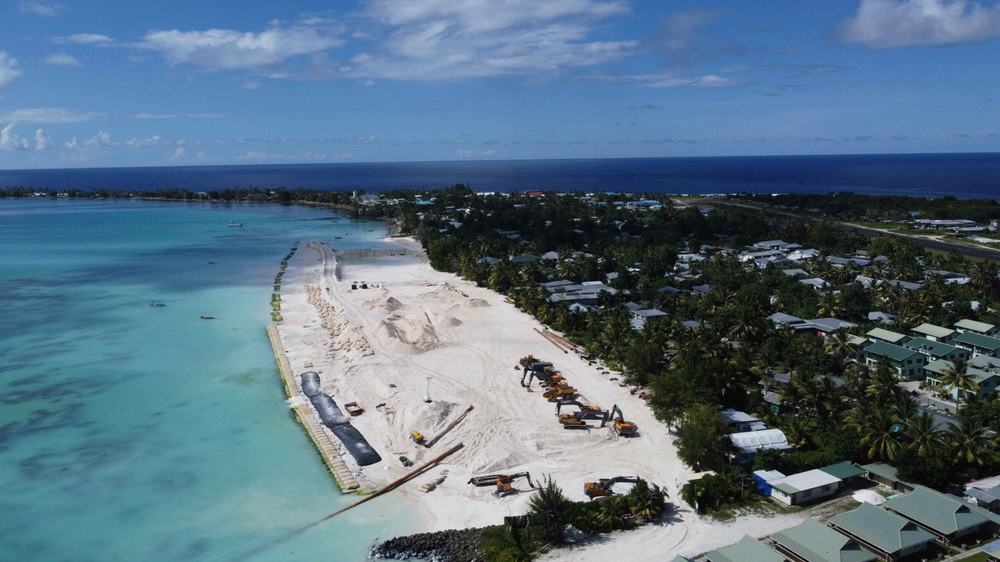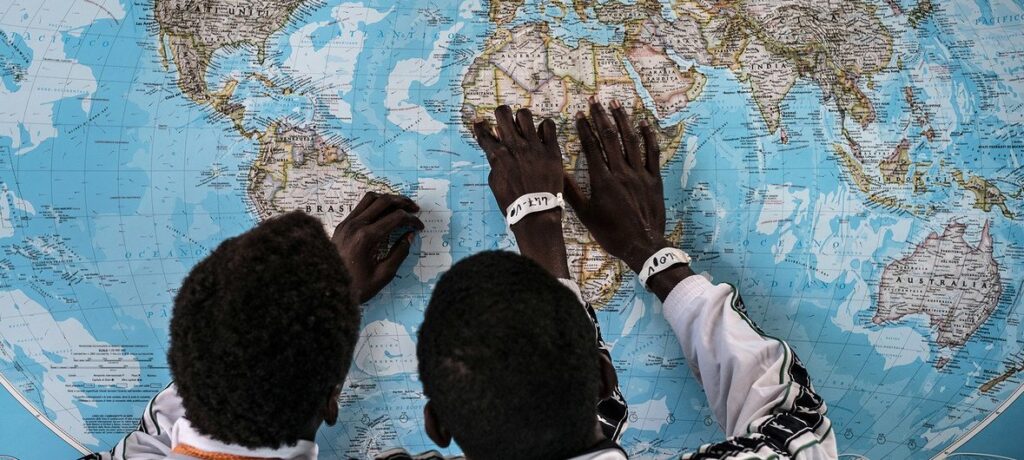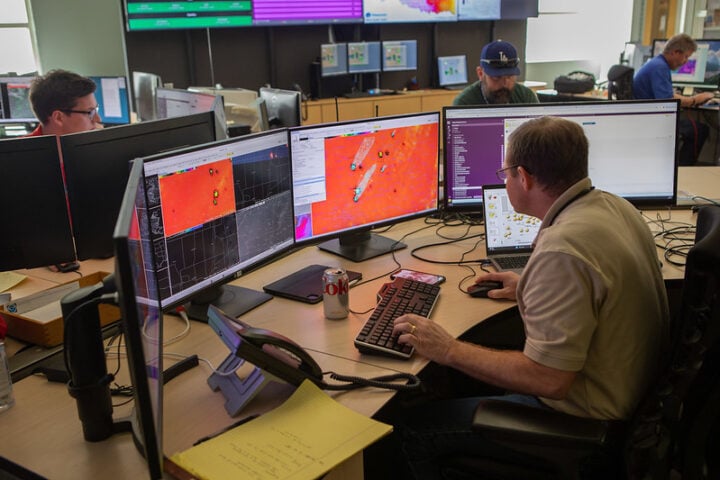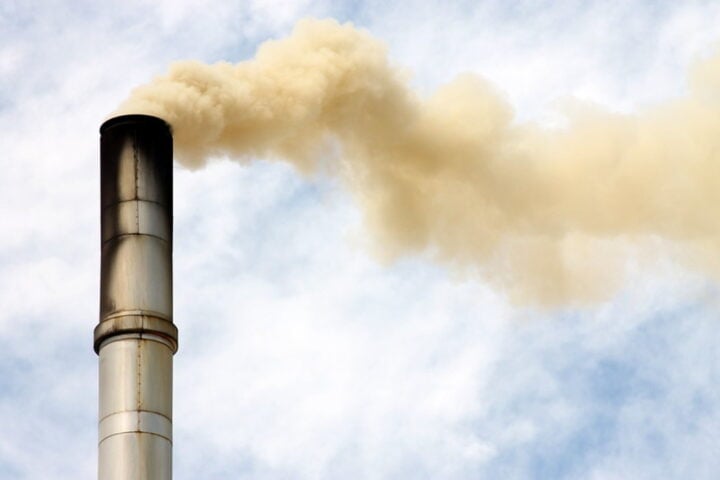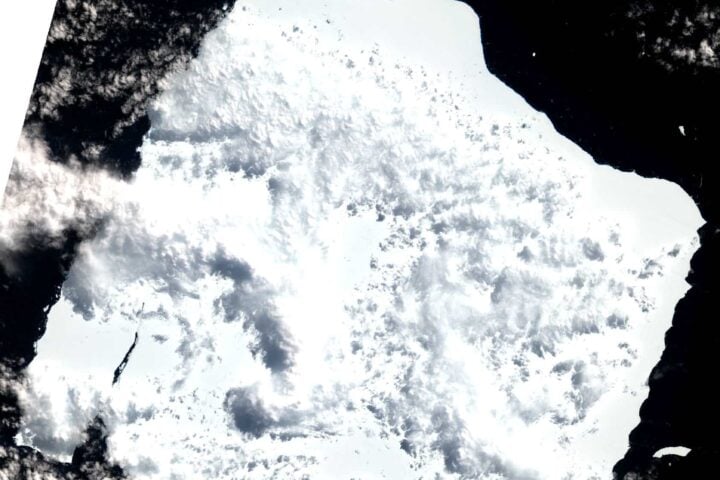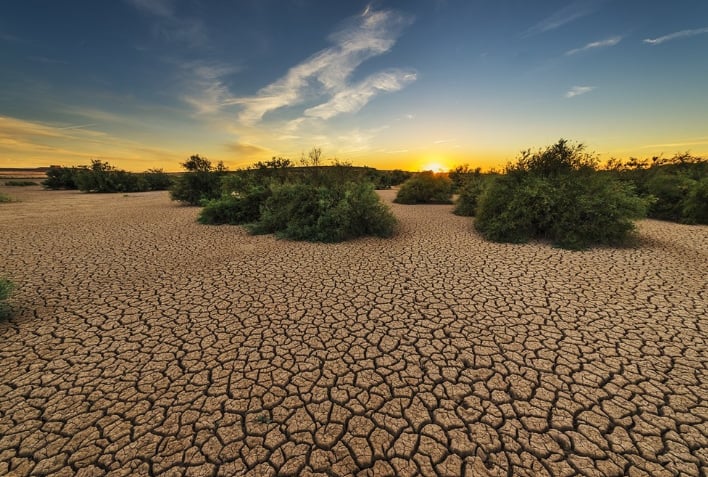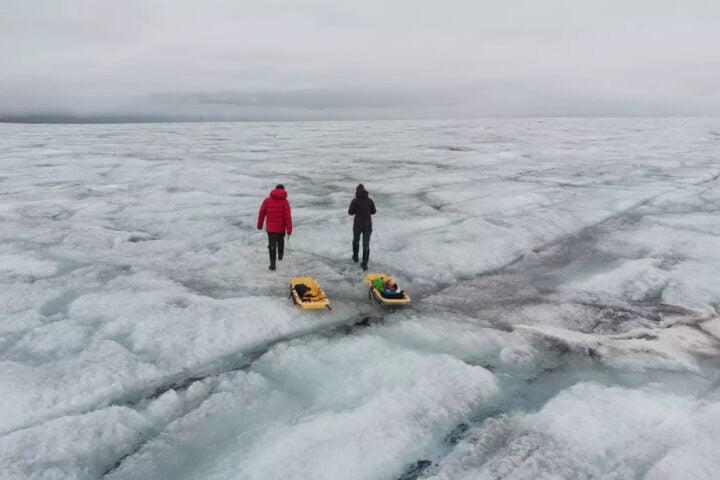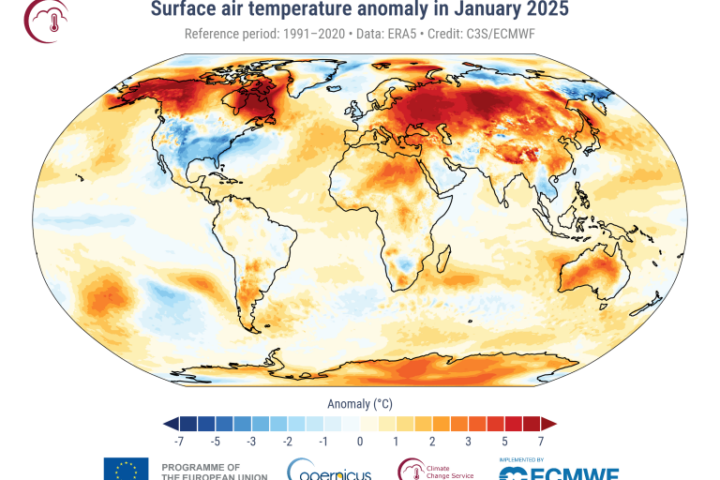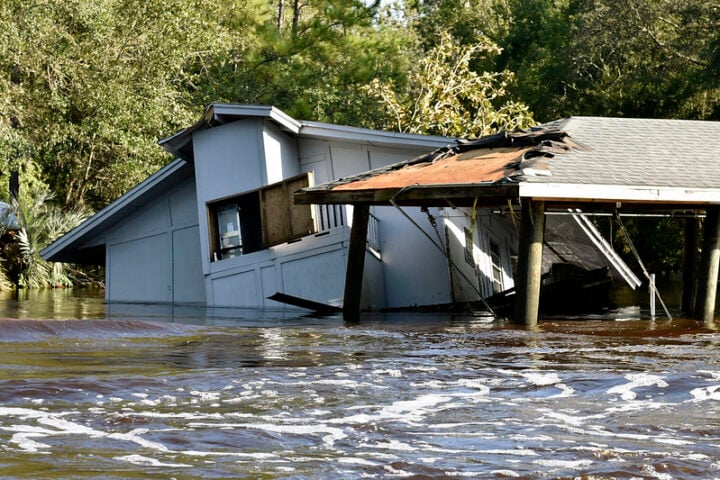On 28 August 2024, Australia-Tuvalu Falepili Union Treaty came into force. Under the treaty, Australia recognised Tuvalu’s continuing statehood and sovereignty for the first time in a legal binding treaty. It is now committed to assist Tuvalu in response to a major natural disaster, health pandemic or military aggression, and will create a special visa pathway to support mobility. Tuvalu in return will ensure effective and international standards of immigration, passport, citizenship and border controls, and will mutually agree with Australia on security and defence-related matters in Tuvalu.
The treaty was signed on 9 November 2023 by Australian Prime Minister Anthony Albanese and Tuvalu Prime Minister Kausea Natano. Under this treaty, Australia’s foreign minister, Penny Wong announced an additional contribution of $19.1 million to Tuvalu Coastal Adaptation Project (TCAP) in May 2024. Previously, Australian Prime Minister, Anthony Albanese had promised $16.9 million for TCAP at the Pacific Island Forum Leaders’ Meeting in November 2023. This has taken Australia’s total contribution to TCAP to $38 million.
Tuvalu is an archipelago nation which is on the verge of sinking completely due to climate change. According to the United Nations Development Programme, the island nation will sink almost completely by the year 2100, if no action is taken. UNDP in partnership with the Government of Tuvalu used aircraft-mounted Light Detection and Ranging (LIDAR) technology to rapidly collect precise information on land surface height and seafloor depth. The data has helped in predicting the situations for a sea level rise or storm wave impact. It has also helped in monitoring progress of the coastal adaptation work of the Tuvalu Coastal Adaptation Project.
Similar Posts
However, Tuvalu is not the only country which is facing difficulties with rising sea levels. On 12 December 2022, the International Tribunal for the Law of the Sea received a request from the Commission of Small Island States on Climate Change and International Law (COSIS) to deliver an advisory opinion on obligations for preventing pollution and protecting marine environment. The tribunal, giving its advisory opinion, said that individual countries have obligations to prevent and control pollution caused by their GHG (GreenHouse Gas) emissions and that countries have an obligation to protect and preserve the marine environment from climate change impacts and ocean acidification.
Anthony Albanese, Australian Prime Minister, while signing the treaty said that “Tuvalu is extremely vulnerable to the impact of climate change, especially rising sea levels, and is trying to preserve its culture, traditions and land. I believe that developed nations have a responsibility to provide assistance and that is precisely what we are doing through this Falepili Agreement which we have signed here today.” “This is a groundbreaking agreement and the Australia-Tuvalu Falepili Union will be regarded as a significant day in which Australia acknowledged that we are part of the Pacific family, that with that comes responsibility to act to a gracious request from our friends in Tuvalu and step up the relationship between our two nations” he added. Kausea Natano, Prime Minister of Tuvalu, expressed that “This special arrangement, the Australia-Tuval Falepili Union, is framed around the local concept of Falepili, which describes our Pacific and traditional values of good neighbourliness, care and mutual respect. It is within this Falepili concept, in the face of climate change and its unique geography and economy, that the Government of Tuvalu initiated and submitted a request to the Government of Australia for a more elevated bilateral partnership. This means that we would enter a Treaty that guides us to respect each other’s sovereignty, commit us to safeguard and support each other as we face the existence of threat of climate change and geostrategic challenges.”
Tuvalu and its people are hopeful with the assistance provided by the government of Australia and seem optimistic with the steps being taken in the direction to avert the rising sea levels situation.
